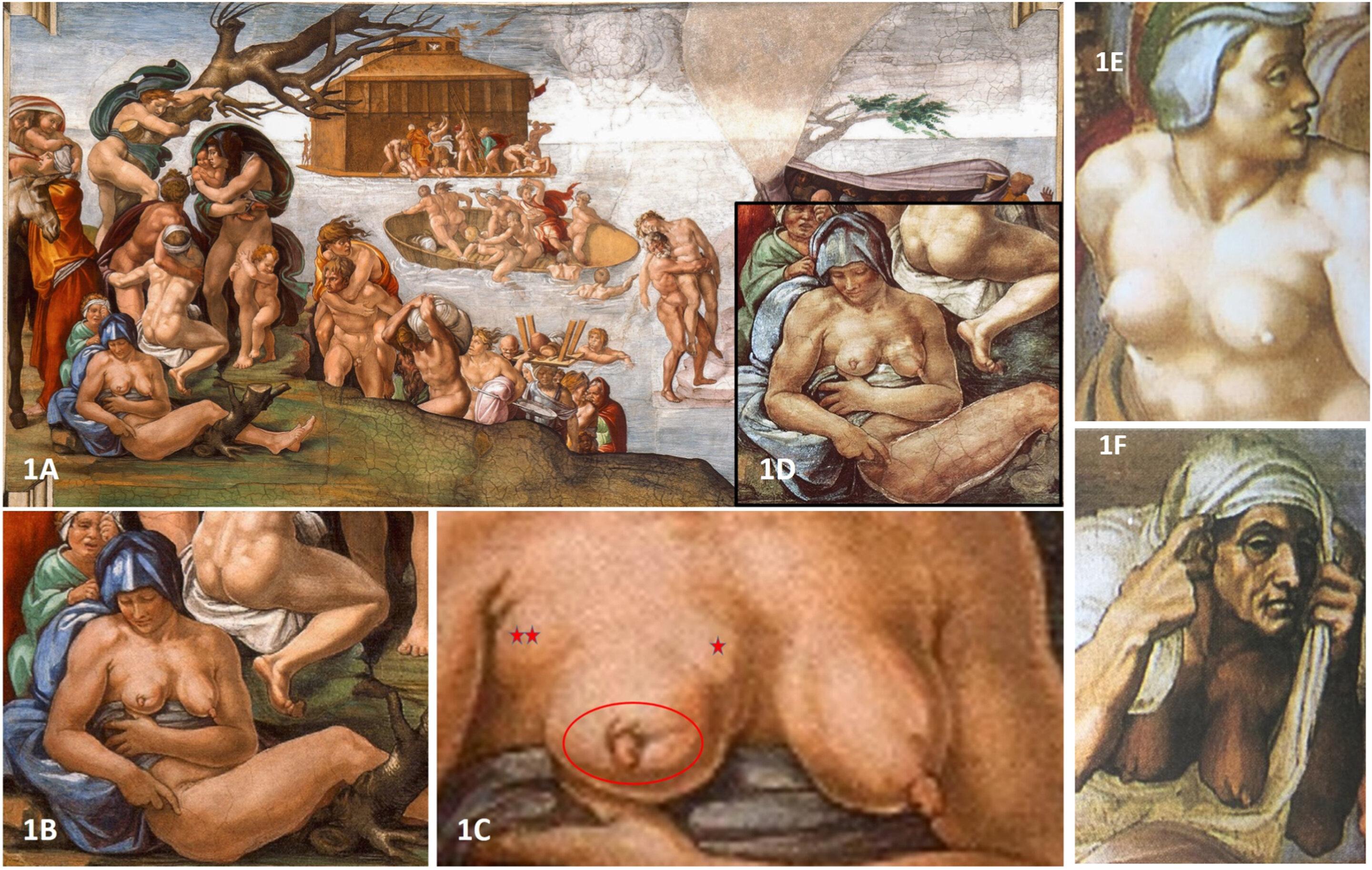Marseille researchers have discovered an anomaly favoring the appearance of metastases. This discovery opens up new therapeutic perspectives.

Detecting early invasion of organs by tumor cells is one of the major challenges in the fight against cancer. Hope is emerging today for breast cancer. Researchers from the Marseille Cancer Research Center (CRCM) have in fact discovered a new therapeutic strategy capable of blocking the development of metastases. They publish their discovery in the review Developmental Cell.
Last year, more than 54,000 new cases of breast cancer were diagnosed in France, or a third of cancers in women. The therapeutic advances of recent years now allow nearly 9 out of 10 patients to be cured.
Despite everything, a large number of patients still face treatment failures. This is particularly the case for women with triple negative breast cancer, one of the most aggressive forms. Patients with this tumor cannot benefit from hormone therapy and targeted therapy, due to its unique nature. A lack of appropriate treatment which reduces their chances of recovery.
CRCM researchers, in collaboration with the Paoli-Calmettes Institute, therefore wanted to identify a therapeutic target that would stop the spread of cancer cells and improve their prognosis.
Discovery of a biomarker
By analyzing 600 biopsies taken from women with triple negative breast cancer, the researchers observed overexpression of the PRICKLE1 gene in 25 to 30% of them. This abnormality results in an overproduction of the protein of the same name, which promotes the mobility of cancer cells and the invasion of organs. “This overexpression will discriminate between patients who will have a poor prognosis and be more resistant to treatment from those who are not,” explains Professor Jean-Paul Borg, director of the CRCM and responsible for this work.
Experiments in mice confirm that being a carrier of this molecular defect increases the risk of developing metastases. This molecular anomaly will therefore make it possible to identify patients at high risk of developing it. “It will also become a new therapeutic target allowing the personalization of treatments”, adds the researcher.

Jean-Paul Borg, director of the CRCM: ” The challenge is no longer to screen and diagnose but to know what is the best treatment that we can give to patients, it is the concept of personalized medicine. “
Medicines already available
During their work, the Marseille team described the mechanism of action of PRICKLE1. Specialists have observed that the molecule activates an enzyme well known for its effects on tumor growth and dissemination, kinases.
“Luckily, we already have drugs on the market that target this enzyme. It would therefore be possible to use these treatments in patients with this anomaly to block the formation of metastases ”, indicates Professor Borg, specifying that clinical trials could be launched soon. But first, studies in mice and in the laboratory will have to be carried out.
The team is also discussing another therapeutic strategy requiring the development of a new class of drugs. A patent was also filed by the team to start the research.
These results thus offer new therapeutic perspectives for women suffering from one of the most aggressive forms of breast cancer. But this discovery could also benefit other cancer patients because this anomaly is found in other pathologies.
.

















